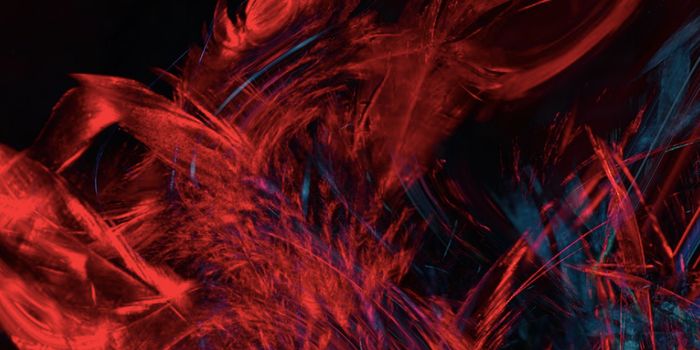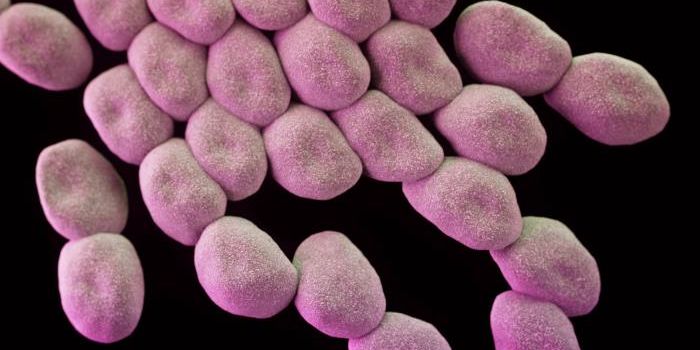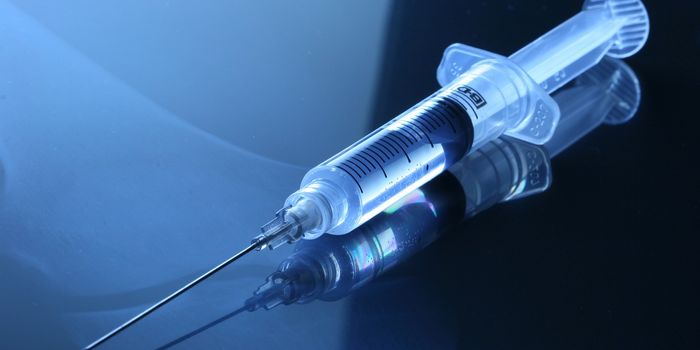A Single Dose Nanoparticle Vaccine for COVID-19
In the race for finding the right vaccine for the COVID-19 pandemic, a new vaccine candidate emerged. Researchers at Stanford University are trying to develop a new vaccine that could be more affordable and easy to reach low and middle-income countries.
In a paper published at ACS Central Science, the new vaccine uses ferritin nanoparticles as an adjuvant to increase the immunogenic response towards the vaccine. Ferritin nanoparticles based vaccines have been proven effective in other clinical trials.
Other vaccine candidates use mRNA vaccines as Pfizer and Moderna vaccines, live-attenuated vaccines, or recombinant viral vaccines. There are some issues with the other vaccine candidates as the need for freezing temperatures for storage as with mRNA vaccines or the risk of side effects as the vaccines using attenuated or recombinant viruses. The Stanford nanoparticle vaccine is a subunit vaccine that uses a part of the virus "spike protein." Still, subunit vaccines usually have lower immunogenicity than the ones using a whole virus, and here comes the importance of using ferritin nanoparticles.
Ferritin nanoparticles act as adjuvants that help present antigens "spike proteins" in an aggregated way that will increase the immune response towards them while being cheaper and easier to manufacture and stored, which will help the low and middle-income countries.
“This is really early stage and there is still lots of work to be done,” said Abigail Powell, a former postdoctoral scholar in the Kim lab and lead author of the paper. “But we think it is a solid starting point for what could be a single-dose vaccine regimen that doesn’t rely on using a virus to generate protective antibodies following vaccination.”
The researchers used a pseudo-coronavirus for safety and tested the results of four different vaccine variations; nanoparticles with full spike protein, full spikes or partial spikes without nanoparticles, and nanoparticles with a shortened spikes containing just the part of the spike that binds to cells during infections.
They tested the vaccine's effectiveness by measuring the levels of neutralizing antibodies produced, the antibodies that can stop the virus's infection. After a single dose, the two nanoparticles vaccines produced neutralizing antibody levels twice as high as the antibody levels produced in patients who had been infected with the coronavirus, and the shortened spike vaccine produced higher antibody levels than the rest.
Since the Stanford vaccine is still in its initial phase and other coronavirus vaccine candidates are rapidly reaching their final phases, it might be not needed for facing this ongoing coronavirus pandemic. Researchers are ready to change the research to use this vaccine against other coronaviruses as SARS-CoV-1, MERS, SARS-CoV-2, and any future coronaviruses that could arise.
“Vaccines are one of the most profound achievements of biomedical research. They are an incredibly cost-effective way to protect people against disease and save lives,” said Kim. “This coronavirus vaccine is part of work we’re already doing – developing vaccines that are historically difficult or impossible to develop, like an HIV vaccine – and I’m glad that we’re in a situation where we could potentially bring something to bear if the world needs it.”
Sources: Stanford News, ACS Central Science, Youtube









